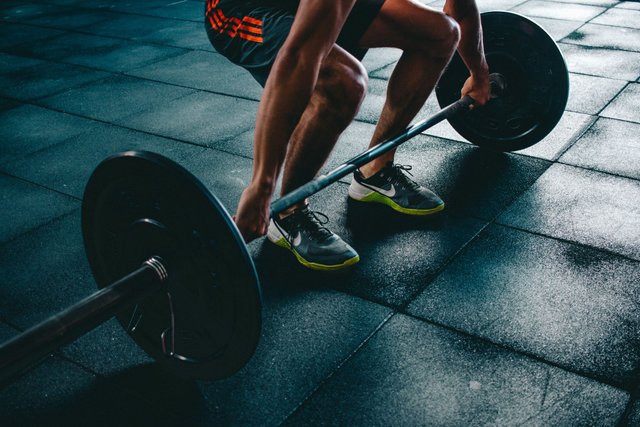Precautions You Should Know When You Are Doing High-Intensity Interval Training
High-Intensity Interval Training (HIIT) is becoming popular in the past years. This workout ranks as one of the fitness trends of 2018 in a global survey. HIIT has a lot of benefits, but some people tend to make mistakes while doing this kind of training.
Here are the precautions you need to know to avoid injuries, and to gain the best possible results:
1. Set your limits. Do not overtrain
The point of HIIT workout is to gain more fitness benefits by investing lesser time. That means you need to do multiple sessions per day. You need to keep in mind that working out five to six times a week will do more harm than good.
Overtraining may lead to fatigue, increased risk of injury, poor sleep, and strained joints. Experts suggest that performing HIIT workout for two to three days per week will allow you to get adequate recovery in between.
"When doing HIIT, you’re putting your body in 'fight-or-flight mode,' which can elevate your stress hormones," said Monica Lam-Feist, an ACE-certified personal trainer.
2. Make sure that your form is correct
According to Laura Miranda, a doctor of physical therapy and trainer, improperly doing the HIIT workout could be the main cause of injury.
"The person is then forced to then continue with the same load or exercise, cranking out the remainder reps with sloppy form in this extremely fatigued state, thus setting the stage for injury," Miranda explained.
3. Keep your body hydrated. Eat right
Trainers noted that HIIT can be very difficult to do without energy from carbs. The American Council on Exercise recommends that a meal containing protein and moderate to high levels of carbohydrate should be consumed for about three hours before the workout
Water is also important to avoid dehydration. But according to fitness instructor Erica Stenz of Barry's Bootcamp, sugary electrolyte drinks are should also be avoided.
"You don't need a Gatorade for a 60-minute class," she said. "You're just consuming the sugar and calories that you are burning!"
4. Don't jump right into it
If your routine exercise has been idle for a while, jumping right into HIIT is not advised.
"Beginning with HIIT may increase the chance for injury and muscle soreness," said Dr. Len Kravitz and Professor Micah Zuhl in their research on endurance training. "A better approach would be to start with continuous aerobic exercise at a low-intensity level."

HIIT is an advanced method and you should already know what you're doing when starting it.
That's right! Remember that HIIT is an advanced technique and it's not for everyone.
It is for everyone if everyone isn't a couch potato HEHEHE :D
Jumping right into anything is always a bad idea. Unless it's winning the lottery.
Why are you talking to yourself?
Who is?
You is!
You arse!
You wirse
Yes, because you can "jump right into winning the lottery"! Genius. :D
Why are you talking to yourself?
Jumping right into winning the lottery? Where do I sign up?
These tips also apply to any method of exercising.
So you want to be fit? Live without the internet and go to the mountains.
Ok but who could live without internet nowadays?
Live on the mountains and have internet there.
The trick is to get moving, can't do that with an internet connection. There's just too much useless stuff on there.